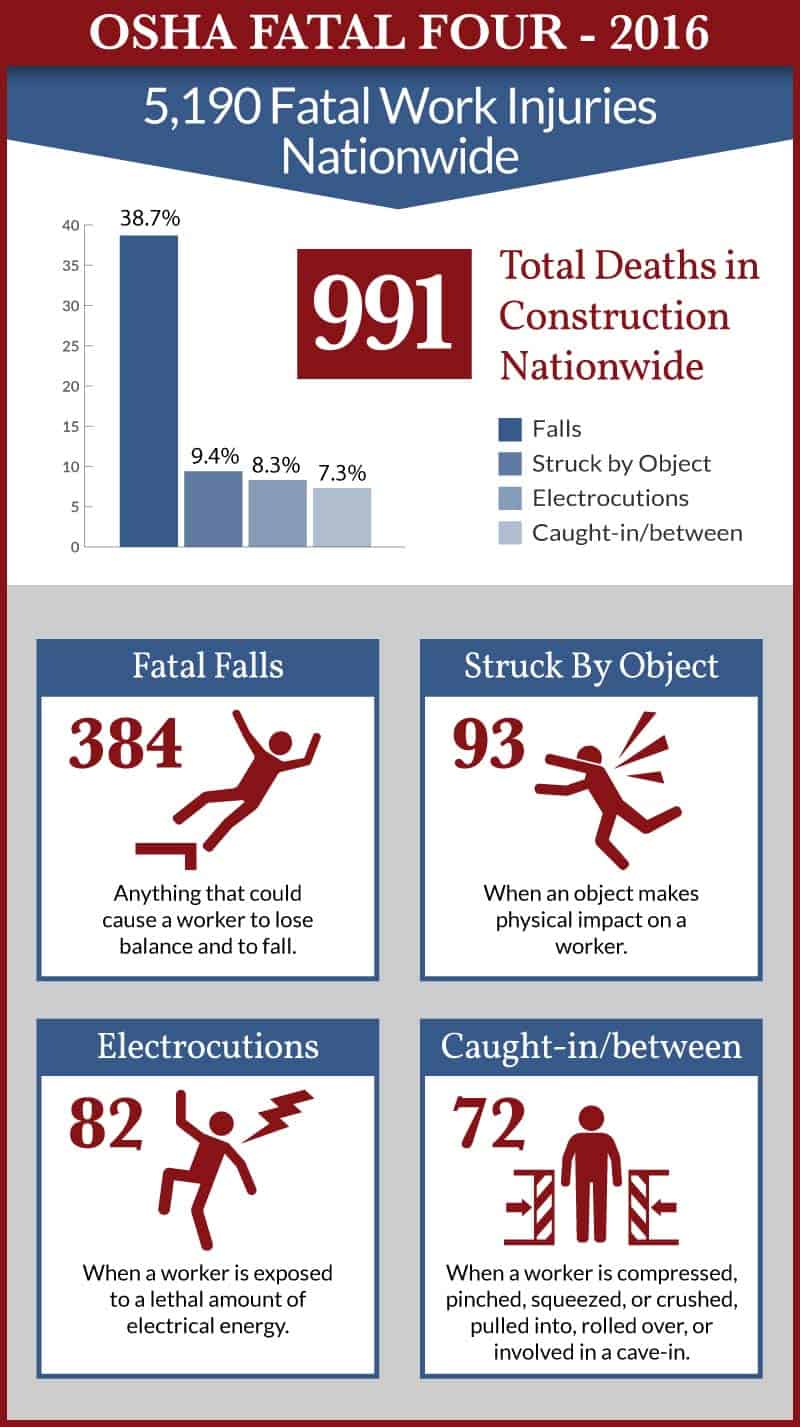What is Divorce Mediation?
Separating couples deal with major issues, such as child custody, child support, property division, and alimony. Due to these reasons, it is no surprise that many emotions come into play when going through a divorce. The idea of divorce is often associated with anger, sadness, and paying exorbitant sums of money. However, it does not always have to be this stressful. Over the past several decades, more couples have chosen divorce mediation instead of traditional methods. Although it is not an option for every couple, it is often worth exploring.
Benefits of Mediation
The main benefits of mediation are lower costs and faster resolutions. The couple may also end up with a more amicable relationship afterwards and children may be less affected. Other benefits include:
- Solutions that are based on both parties’ input: Instead of court-based decisions, the separating couple has more control over the outcome.
- No public records: Divorce mediation is more private and confidential.
- Resolution of all issues: In most situations, mediation settles all issues pertaining to the divorce.
- Option to contact an attorney: There is still the choice of contacting an attorney, if needed.
Process of Mediation
Divorce mediators are neutral, so they do not provide advice or take sides. They help divorcing couples arrive at their own solutions through an open exchange of information. This allows spouses to negotiate with less pressure. It is also a voluntary process and can continue if both parties agree. For more information about the mediation process, it is best to speak to an attorney that handles family law cases.
After the couple comes to an agreement, they can file a petition with the court. There may be additional steps required if there are children involved. In New Jersey, parents must attend a one-time, mandatory Parent Education Program. Once a divorce mediator has been engaged, the couple can set up a session. Depending on the location, some counties have court-annexed mediation centers or community-based mediators. Sometimes, mediation is court-ordered.
At the initial meeting, the mediator explains the process and the spouses will make statements. There will be a lot of questions and answers that follow. The mediator will take everything into account and see where the couple agrees. Some information-gathering may be needed; then, goals are set, and a plan will be made to achieve them.
Children Come First
When children are involved, mediation will focus on a parenting plan. A parenting plan will determine custody, child support, and visitation schedules. Also, this plan includes responsibilities pertaining to the children’s health, education, and activities. Experienced mediators will ensure that the children’s interests are prioritized.
Marital Assets
To divide up marital assets, the mediator and couple will enter the Matrimonial Early Settlement Panel process. Information is presented to a group of legal professionals at a courthouse and a settlement recommendation will be made. If high assets are involved, a specialized panel can be used. When couples agree about settlements, they can be completed immediately. If the couple is unable to reach amicable agreements, attorneys may need to request a court date. Another option is to request an extension with further mediation to arrive at a solution.
Bucks County Divorce Lawyers at Freedman & Lorry, P.C. Help Clients with Divorce Mediation
If you are seeking a divorce, our skilled Bucks County divorce lawyers at Freedman & Lorry, P.C. will help you obtain the best solution possible that suits your needs. To schedule a free case evaluation, complete our online form or call us at 888-999-1962. Located in Philadelphia, and Cherry Hill, New Jersey, we serve clients throughout Pennsylvania.
